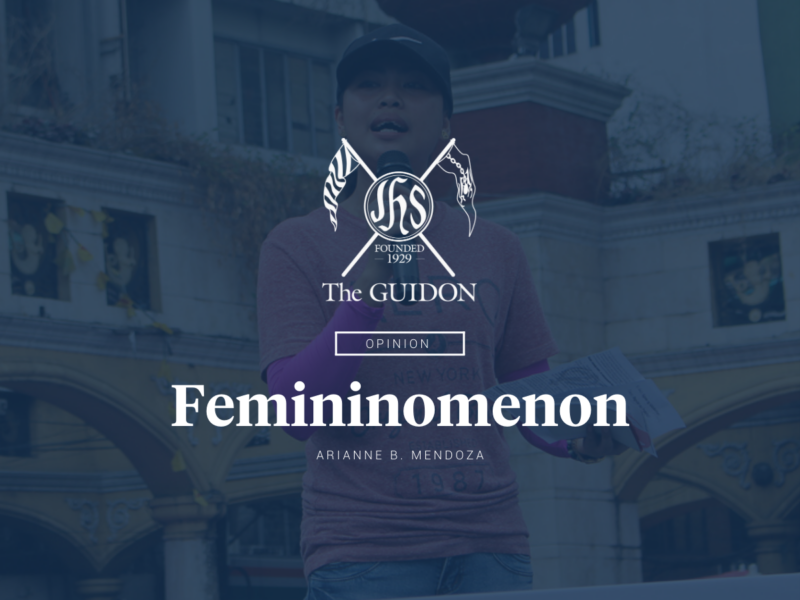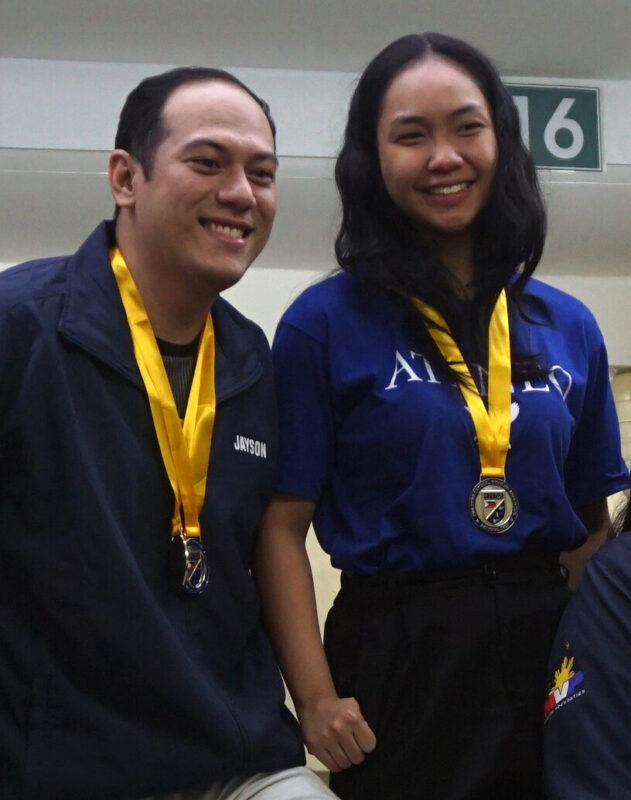MY FAVORITE Korean word is “sohwakhaeng,” which roughly translates to the phrase “a small but certain happiness” in English. The word reminds me to dwell on the little things that make life bearable, especially when the negatives seemingly consume me. In many ways, K-pop has become my sohwakhaeng—there will always be a “GOING SEVENTEEN” episode or an Instagram thirst trap guaranteed to distract me from the horrors of reality.
My first taste of K-pop was in my junior year of high school. There was, quite literally, no escape from it. My sister forced me to watch “Run BTS!” episodes at home, while my friends showed me BTS comeback stages during our lunch period. When I saw V performing “MIC Drop” with his gray hair in a bandana, I knew he was the one. In the midst of college entrance exams and the pressure to excel, K-pop proved to be a reliable form of escape.
I’m now in my senior year of college, and while I may no longer be an ARMY, K-pop has once again become a source of solace from my anxieties. I start my day with SEVENTEEN’s “VERY NICE” as my alarm. When I need background noise while doing thesis work, I’ll blast “OMG” by NewJeans on repeat. If my social battery’s dead but I don’t want to feel lonely while eating dinner, I’ll watch one of my biases’ Weverse lives. These minor moments can make even my worst days tolerable.
The fantasy K-pop sells is undeniably the reason why it continues to be a source of liberation for me. In a world full of self-proclaimed alpha males and Andrew Tate wannabes, there are men secure enough in their masculinity to do “aegyo” (act cute) in front of the camera and read feminist literature. In fact, these nuances make it tempting to claim that K-pop men aren’t like other men. Take Kim Mingyu from SEVENTEEN for example—he’s not only 6’2 with the perfect Dorito body, but he also cooks and cleans up after his members. ATEEZ’s Hongjoong participates in the Polished Man campaign to raise awareness about violence against children. SF9 member Dawon once helped save someone from cardiac arrest—and the list of these beyond impressive feats goes on.
Nothing fuels these parasocial pipe dreams more than how accessible K-pop idols have become. With applications such as Bubble and Weverse, idols and fans are in constant communication throughout the day. Fancalls blur the boundaries between idols and their fans, with some idols’ fanservice being openly flirting with them. Special events, such as birthdays or New Year’s, are celebrated together through lives or online video greetings. It’s hard not to get emotionally invested, especially when idols are openly vulnerable with their fans, sharing some of their most heartbreaking experiences with them. Idols feel closer to fans than ever before, despite the fact that these relationships are very much one-sided.
Fantasies are also bound to fall apart, and K-pop men can be men in the worst ways. Three of my ex-biases have been canceled (and some even incarcerated) for downright horrific reasons. NCT’s Lucas was caught in a gaslighting scandal. Seungri from BIGBANG solicited prostitution services for potential business investors. My former EXO bias, Kris Wu, was convicted for raping three women and more have accused him of predatory behavior. While these are extreme cases, they show how little we actually know about the idols we’d defend in a heartbeat.
Although K-pop may be my small but certain happiness, there are holes in the fantasy that can’t be ignored. As a K-pop fan, I feel like I’m in a constant state of lucid dreaming. A part of me clings to the reprieve that comes from my biases, but I know that my small but certain happiness might not be so certain after all.






